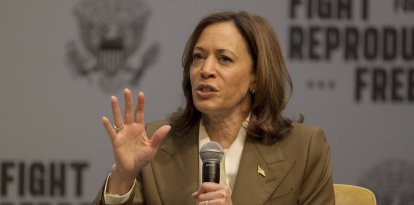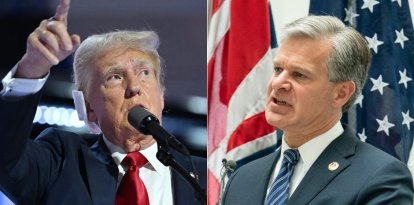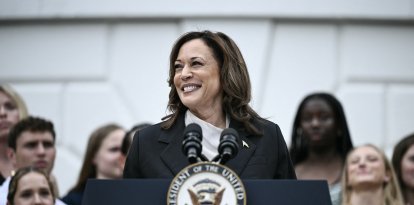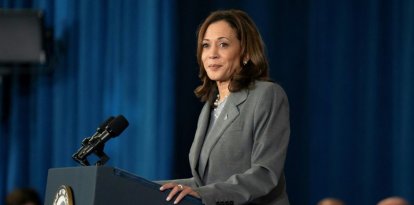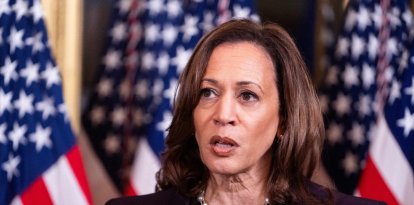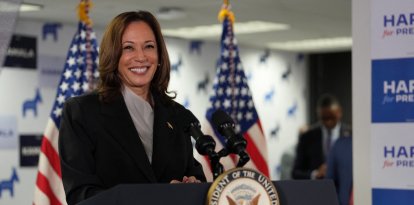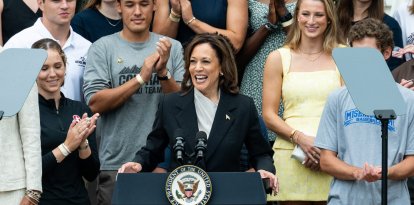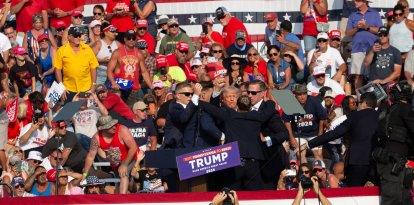Never Back Down, DeSantis' main Super PAC, withdraws all ad spending from Iowa and New Hampshire
The group's personnel changes and the formation of a new Super PAC could be a sign of a drastic shift in the governor's campaign strategy due to poor performance in the polls.
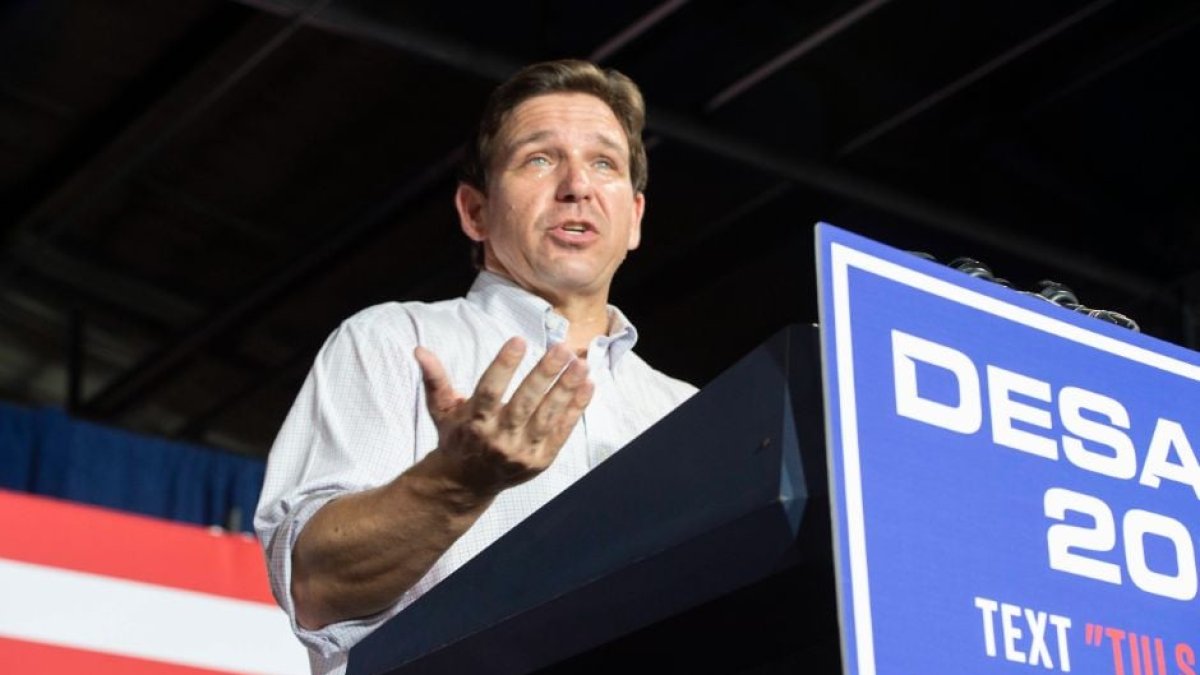
Ron DeSantis / Cordon Press.
The political advertising monitoring organization AdImpact Politics reported Friday that the pro-DeSantis Super PAC Never Back Down had canceled all of its advertising reservations in Iowa and New Hampshire, less than a month before the caucuses in the former and the primaries in the second.
The suspension of ad buys, which AdImpact Politics estimates at $2.5 million, comes as Florida's Governor experiences a decline in the polls, falling to third place behind Donald Trump and Nikki Haley. A recent poll in New Hampshire showed Haley with 30% voting intention after receiving the support of the state's governor, Chris Sununu. DeSantis got only 6%. Trump followed first with 44%.
The president of Never Back Down, Scott Wagner, came out to put an end to speculation that poor results in the polls forced the Floridian's campaign team to try to restart its strategy to reach the Oval Office. Wagner confirmed the divestment, but maintained that it was because the group was focusing on its main objective: organizing the grassroots in the first states where the GOP primaries will be held. This was stated in a statement to The Hill, in which he also said he was "thrilled" that the Super PAC Fight Right "and others" were taking care of the publicity.
Born last month, Fight Right thus assumes one of the functions of the questioned Never Back Down. The latter lost three senior positions in less than two weeks this December, leading to Wagner assuming the roles of president and CEO. A month also plagued by rumors of layoffs and internal discord. One of the most notorious episodes involved Wagner himself in November: during a senior staff meeting he almost came to blows with Jeff Roe – a strategist who left the group this month.
A graph of advertising spending by different pro-DeSantis groups, compiled by Bloomberg with data from AdImpact Politics, illustrates this shift:













